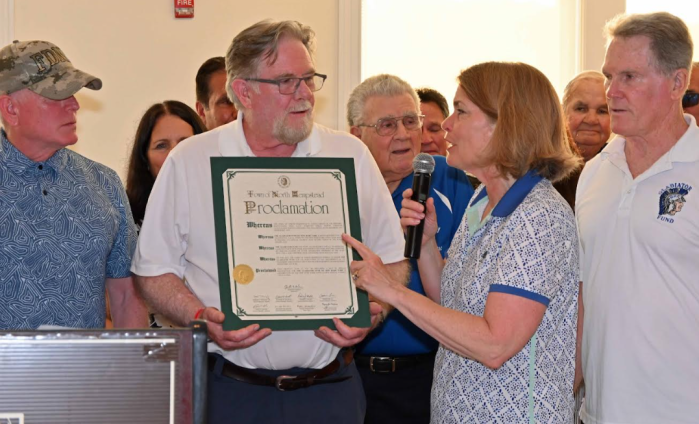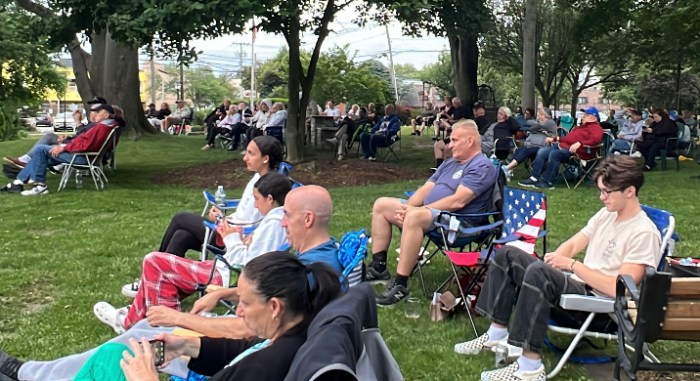
Esteemed Lebanese-American poet Khalil Gibran once said that people should, “Trust in dreams, for in them is hidden the gate to eternity.” It’s something Lauren Lawrence takes to heart as the dreams columnist for the New York Daily News. Having served in this role since 2008, following a brief stint back in the late 1990s, Lawrence has used her expertise to not only interpret dreams submitted by readers from places as far away as Dubai, Mali and Russia, but is also the author of six dream-related books including the 2002 coffee table book Private Dreams of Public People.
With the recent publication of Side Effects, the New York City native is sharing her love of poetry in this slim compendium of work that she’s published in various outlets over the years, including the Columbia Review, New York Quarterly and The Harvard Advocate. Over tea sandwiches at the Carlyle Restaurant, Lawrence is quick to point out the connection between dreams and poetry.
“To me, poems are like dreams, because it does come from the creative unconscious. [Writing them is] like a stream-of-consciousness that’s coming out. The reason why the book is called Side Effects is because life is a series of actions and every action has its reaction, consequence and side effect. So if I was to see something and it hits me a certain way, I’m reacting to it. How I’m processing it is the side effect of that,” she explained. “And that’s kind of what I’m writing, so it does have a deeper level that I’m somehow trying to connect to the dream world. Sometimes I read my work and you know that it’s something deeper, it’s just not coming from a place of straight consciousness, but rather a memory or a past reaction.”

Having recently lost her 96-year-old mother, there is a considerable amount of pain and loss woven into many of Lawrence’s poems, some of which bear titles like “At the End,” “Death’s Difficult Hill,” “Stanchions of Sadness” and the more-straightforward “Grief.” Lines like, “Grief’s air is the thinnest at the heights/A lost smile will find another face/Comfort will tear off its little fur hat and feel the frost” from “Preparing For Your Elegy” resonate on a number of different levels despite the fact that many of these poems run anywhere between five and 10 lines. At a time when there is so much day-in and day-out sensory overload, Lawrence is a champion of poetry not only because of the art form’s beauty, but the internal examination that it demands.
“Dreams start a discourse with the self and I think poems do the same. When you dream, you’re interpreting yourself, which I always want people to do, which is the most important thing. Then they understand all that they’ve been repressing,” she said. “Poems also start this kind of discourse, because you also go into yourself a little more. It’s personal the way a dream is because you might see something in it that someone else won’t. What makes it so nice is the suggestability of it and how open interpretation can be with both dreams and poetry.”
Side Effects can be found at www.amazon.com and www.shakeandco.com.


































